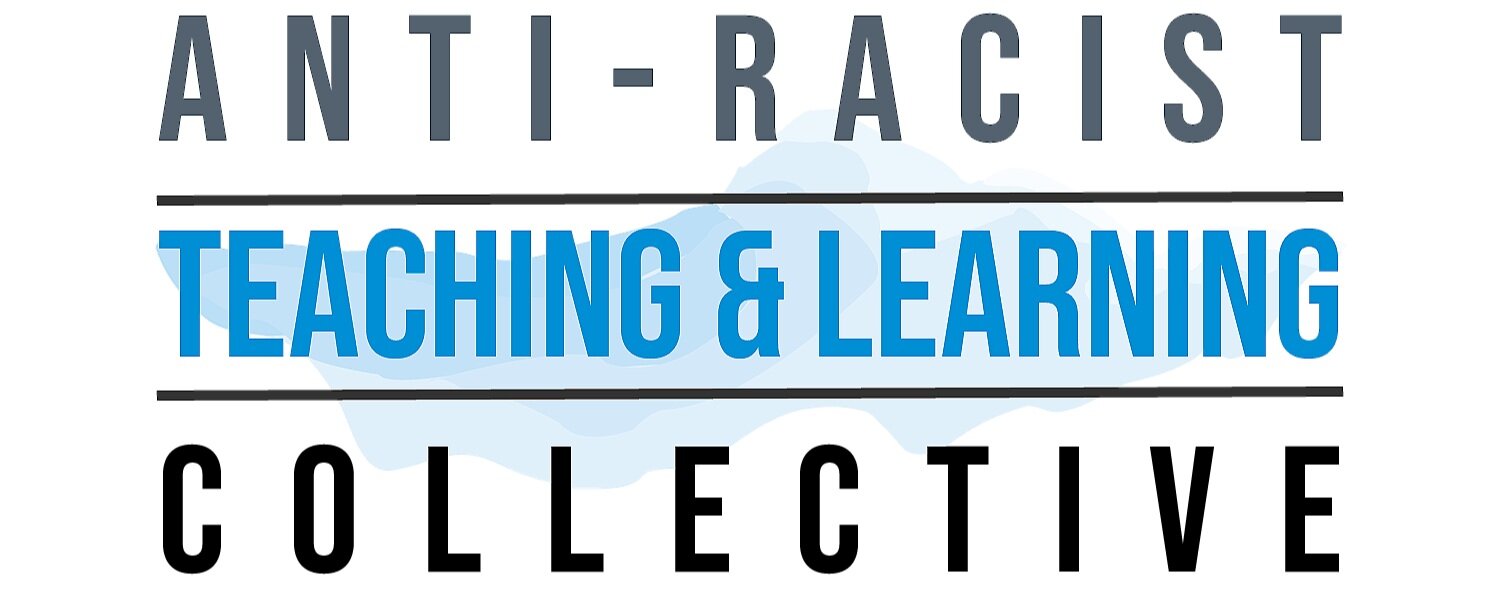ARTLC Co-sponsored Working Group of Teachers and Students Exploring History of Eugenics Advocacy and Research in CT and Beyond
by Lauren Marut
On March 30, more than 75 people gathered on Zoom for presentations by 16 Connecticut teachers and high school students about lesson plans they had developed about the history of the Eugenics Movement and its tumultuous legacy in Connecticut. The group, including high school, middle school and elementary school teachers, as well as five high school students, had been meeting for three months to collectively explore this history and its impact on schools and education today.
“Eugenics practices, research, advocacy isn’t just something in the dustpan of history,” Daniel HoSang, an ARTLC Steering Committee member and American Studies Professor at Yale, remarked at the opening of the session.
Each teacher and student presented a brief lesson on a specific topic related to the legacy of eugenics. Topics spanned reproductive violence cultivated in racist ideologies, to eugenics-informed immigration policy and interracial marriage.
The working group was sponsored by the Black and Latino History Project, a collaboration of programs at Yale and the University of Connecticut, and was co-facilitated by teacher educators Daniel HoSang, Dora Guo, Eve Galanis and Bethsaida Nieves.
One presentation on career privilege by Christina Griffin, a 3rd grade teacher at Booker T. Washington Academy, encouraged students to think about their understanding of “success”: What does success look like? What are pathways to success? Understanding eugenics as the methodological facilitation of reproducing similar successful and preferabletraits, students were encouraged to reflect on how given circumstances inform privilege which informs certain outcomes. Teachers didn’t shy away from introducing heady topics to young students. Indeed, the takeaways of lessons like these posed big questions which will hopefully reverberate long into these students’ educational careers: How might our personal biases allow for the proliferation of harmful stereotypes in our own lives which parallel the sentiments of eugenicists?
At a second event on May 1 that examined the specific histories of Eugenics research at Yale, Elsa Holohan, a senior at Hillhouse High School in New Haven, and Tenzin Youdon, a junior at ESUMS high school, shared lesson plans they developed for their peers. Holohan’s lesson was designed to introduce this history to students in the Black and Latinx Studies class at Hillhouse.
Photo: https://yale.box.com/s/wl9yh6nzunc9q8zu7jmrwa3tdvf17lcw
Caption: “Anti-Eugenics research presented students on May 1.”
